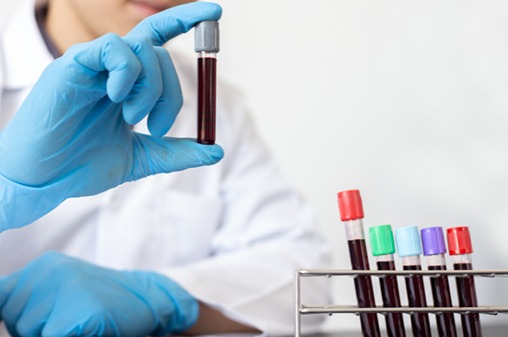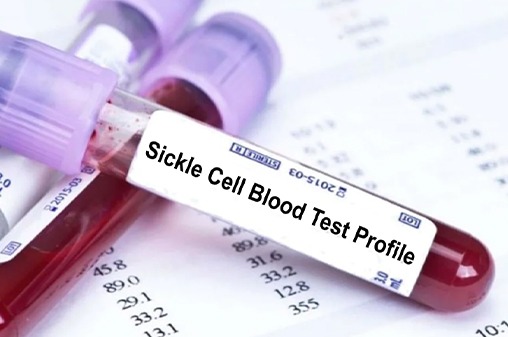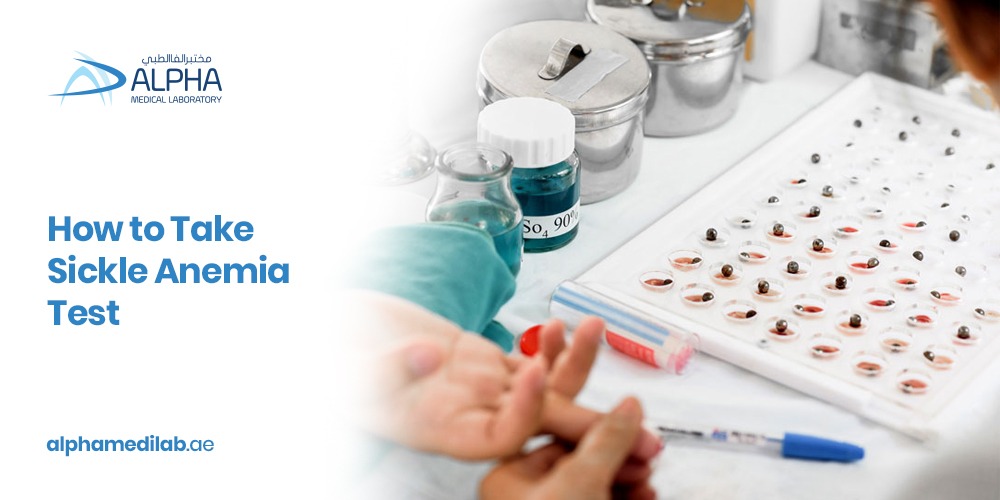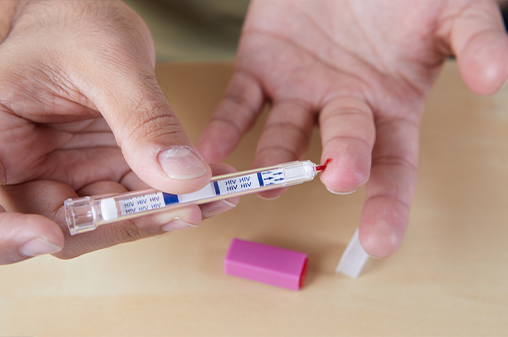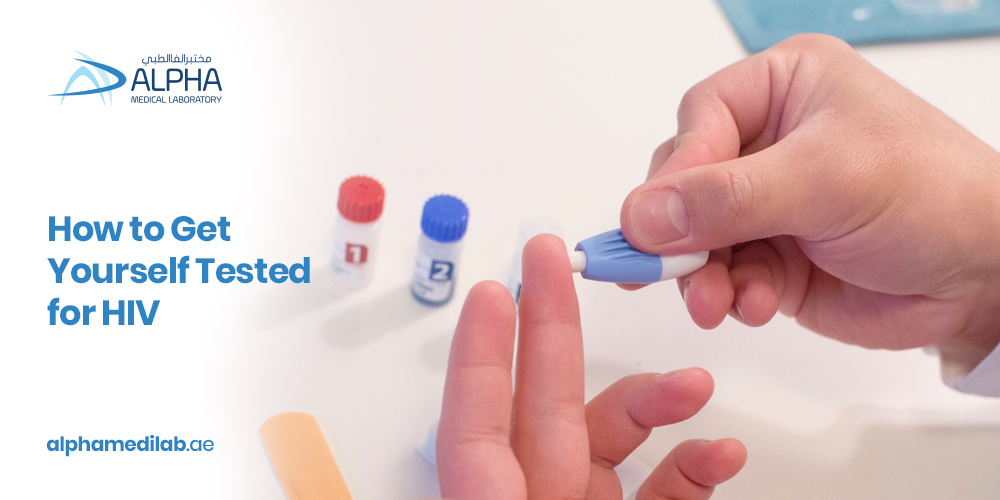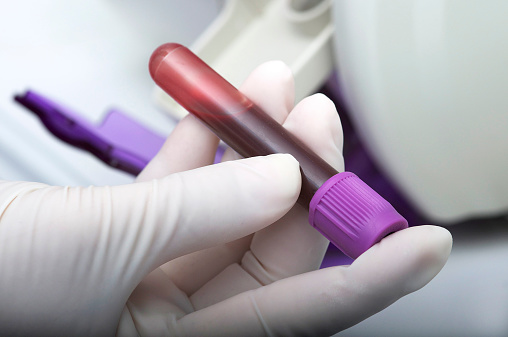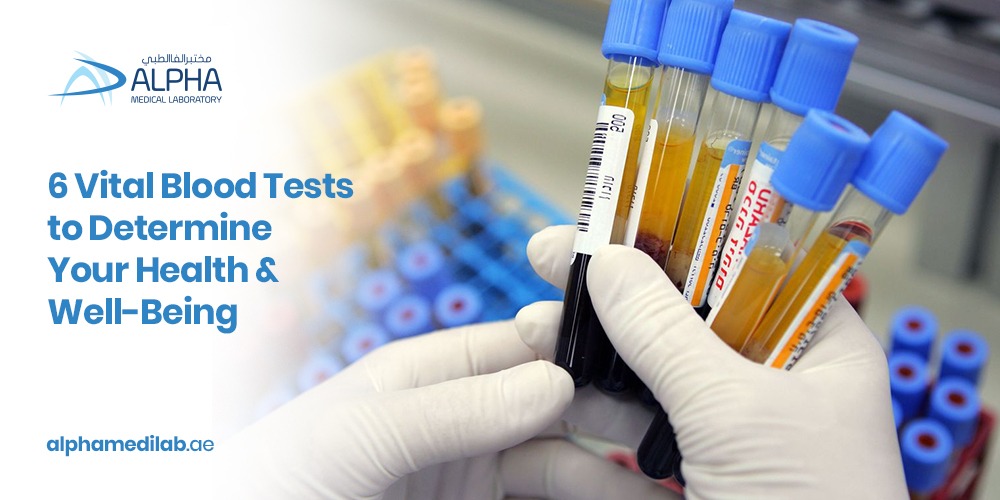
Blood tests are a key method of assessing the health of the body as a whole and identifying underlying issues before they result in consequences. These blood tests are crucial for determining how physical health has changed over time and how they reflect aging. For adults, routine blood tests are crucial, while in many cases, they are performed before intricate medical operations.
Your doctor can use blood tests to determine how well your body’s organs are functioning. Your thyroid, liver, or kidneys are a few examples of organs whose issues might be detected in a blood test. So, getting blood tests is a perfect way to learn about any complications that may arise and become a source of severe illness.
What is a Blood Test & why do I Need it?
A blood test is a regular method to keep track of your overall well-being. If you are getting your blood tests at routine intervals, you can check your health well and determine the changes inside the body that are making you vulnerable to many viruses, ailments, or diseases.
A blood test can determine if a person is at risk of getting heart disease even if they do not already have the ailment. Moreover, with reports and doctor’s prescriptions and treatment, you can empower yourself with the right changes in terms of diet and lifestyle and still get to live as healthily.
At a routine interval, some important blood tests should be taken without delay. These are some of the blood tests that help you develop a profound understanding of your general physical health. However, there are some conditions in which getting the blood test becomes exponentially mandatory;
- If you are experiencing complications of high cholesterol, high blood pressure, diabetes, or other chronic illnesses.
- The next is if you are obese and have a sedentary lifestyle and what to watch out for complications from an unhealthy lifestyle.
- In order to keep a closer eye on your health, you plan to monitor key factors through the lab results.
6 Most Essential Blood Tests to Get for Understanding Your Health
Here are the 6 most essential blood tests to get today to develop an understanding of your health and well-being.
1. C-Reactive Protein (CRP) Test
A CRP test or c-reaction protein test is a test performed to analyze or measure the levels of CRP in your blood sample. When your body is dealing with inflammation, the liver creates and releases a substance named c-reactive protein to deal with inflammation.
Getting a c-reaction protein (CRP) test becomes significant as it helps your doctor analyze the CRP levels your body is producing. Through this test, if the CRP levels are higher, it means you have a serious health condition causing inflammation.
When your body is producing inflammation, it means that your body is protecting the tissues and helping them heal from diseases, infections, or injuries. Now, it is pivotal to understand that inflammation can be temporary or acute. If inflammation is acute or temporary, it is usually helpful, for example, if your skin gets cut and turns red, swells, and hurts for a couple of days. This is a sign of inflammation that is sudden and temporary.
However, if the inflammation lasts longer than you see, it damages your healthy tissues. In medical terminology, it is often understood as a long-term inflammation that generally happens from smoking or environmental chemicals.
So, the CRP test is used to evaluate acute or chronic conditions that may include infections from viruses or bacteria, inflammatory bowel disease, autoimmune disorders, lung diseases, ulcerative colitis, intestine disorder, etc.
2. Complete Blood Count (CBC) Test
A complete blood count (CBC) test is a common blood test done to evaluate overall health while also helping detect several disorders such as leukemia, anemia, or other infections. A complete blood count (CBC) test determines if there are any abnormal increases or decreases in your blood cell counts.
While the values heavily depend on age and gender, the shared reports will also help you understand the optimal value per your age and gender. When you take a CBC test, it measures the changes in your blood cell levels and helps your doctor or physician understand some of the health disorders. This test measures three types of blood cells, including;
- Red Blood Cells
Your body’s red blood cells transport oxygen and eliminate carbon dioxide. Two elements of your red blood cells are measured by a complete blood count, i.e., hemoglobin which is the oxygen that is carrying out protein, and the other is hematocrit which is the percentage of red blood cells in your blood.
Through the CBC test, if your report shows that you have low blood cells, it means that you are at elevated risk of anemia, as this condition occurs through iron deficiency.
- White Blood Cells
Your body uses white blood cells to combat infections. A CBC counts and classifies the various white blood cells in your body. Any unusual changes in the quantity or variety of white blood cells might be an indication of infections leading to cancer or high chances of inflammation.
- Platelets
The next element that comes under evaluation is the platelets. Platelets in your blood help your blood clot and aid during injury by controlling bleeding. When your blood stops coming out of the injury, it is because of the working of platelets. So, if platelet levels are low, you are at risk of excessive bleeding, which can eventually pose a great threat to your well-being.
3. Hemoglobin A1C (HbA1c) Test
Another critically important blood test is the hemoglobin A1C (HbA1c) test. It is also a blood test that is performed to measure the blood sugar levels for over the last 2 or 3 months. Often, people understand this test as a blood sugar test done to analyze the glucose levels in your blood.
Where does the glucose come from? It comes from the food and drinks we consume. Food becomes a source of energy for us; our blood cells use glucose for energy. When we consume food or drink, insulin helps glucose reach our blood cells.
However, if you have diabetes, your insulin levels are significantly low. Hence the glucose consumed will not be consumed well. And this is where the glucose enters your blood cells and increases the blood sugar levels. Upon entering our cells, this unused glucose sticks to hemoglobin and increases blood sugar levels.
Taking the hemoglobin A1C test basically analyzes the percentage of your red blood cells that already and excessively have sugar-coated hemoglobin. Hence when high levels of A1C indicate that the chances are high for diabetes which will eventually lead to severe health problems, including kidney diseases, heart disease, and nerve damage.
4. Liver Function Test
Blood tests, called liver function tests, are used to monitor and assist in identifying liver damage or illness. The tests check the amounts of specific proteins and enzymes in your blood.
This liver function test measures how well and properly the liver is performing. It also analyzes the normal functions of producing protein and enzymes in the liver and clearing bilirubin, a blood waste product. Moreover, if you have a disease that you have been diagnosed with, liver function test also helps the doctor understand the progression of the existing disease. Your doctor or physician may also ask you to take a liver function test upon the chances of the following situations;
- To analyze and check any damage that occurs from liver function. This may include hepatitis B and hepatitis C.
- It also helps in monitoring the adverse effects caused because of consuming some of the medicines.
- A liver function test can also be performed if you already have liver disease. It helps monitor the condition and helps you understand how well your treatment is working for you.
- If you have a family history of a liver issue or are exhibiting symptoms of one, such as fatty liver disease,
Here are the liver function test that we perform at Alpha Medical Laboratory;
- Aspartate Aminotransferase (AST) Test
An enzyme, aspartate aminotransferase, is found in various parts of our body. These parts may include the brain, pancreas, heart, muscles, and liver. Upon liver damage, AST is released into the bloodstream. The presence of high AST levels will indicate the improper functioning of the liver or even some muscles.
- Alanine Transaminase (ALT) Test
Your body uses an enzyme called alanine transaminase (ALT) to break down protein. ALT can be released into the blood if the liver is damaged or not working properly. Levels of ALT increase as a result. On this test, a higher result than is expected may indicate liver damage.
- Alkaline Phosphatase (ALP) Test
Alkaline phosphatase (ALP) is also an enzyme found in our bones, bile ducts, and liver. When you are recommended to get an alkaline phosphatase test, it is done in combination with many different tests to evaluate the bile duct system of your liver.
- Albumin Test
The primary protein produced by your liver is albumin. It carries out a variety of vital body processes. When you take an albumin test, it measures the performance of your liver in making particular and required proteins.
- Bilirubin Test
Red blood cell breakdown produces bilirubin as a waste product, and the liver typically processes it. Before being eliminated by your stools, it first goes through the liver. When your liver is damaged, it cannot process bilirubin.
5. Lipid Profile Test
Healthcare professionals frequently utilize a lipid panel to evaluate and screen for your risk of cardiovascular disease. Three tests of your cholesterol levels and measurement of your triglycerides are included in the panel. Through a lipid profile test, your doctor analyzes the measurement of fat molecules in your blood called lipids.
When you take a lipid profile test, it checks for high levels of lipids in your blood. Through a lipid profile test, your reports present the following factors;
- It checks and presents information regarding high-density lipoprotein cholesterol, termed good cholesterol, because it helps remove low-density lipoprotein cholesterol from the blood.
- Low-density lipoprotein cholesterol is the bad cholesterol that builds up on the walls of your arteries and increases the chances of stroke, heart attack, etc.
- The next thing that a lipid profile test analyzes is triglycerides, and the small molecules are nothing but the broken-down fat from the food we eat. If your body has high levels of triglycerides, the risks of cardiovascular diseases are elevated.
Taking a lipid profile test becomes paramount, considering if you have a family history of high cholesterol or heart disease, are obese, or have an inactive lifestyle that also includes smoking and drinking.
6. Beta (hCG) Test
Beta HCG test helps in measuring the levels of human chorionic gonadotropin (HCG) in your blood. HCG hormone is produced during pregnancy. In this process, the cells in the developing placenta make HCG which can be detected in a blood sample after 11 days of conception. The levels of HCG present in the blood continue to double every 48 to 72 hours. However, the peak of HCG levels is reached in the 8 to 11 weeks of conception. The performance of the beta HCG test is done for some reasons, including;
- The first is to confirm pregnancy.
- It is also done to screen for Down syndrome.
- Doctors also recommend taking a beta HCG test to determine the approximate age of the fetus.
- It also helps in understanding the potential chances of miscarriage.
- If the pregnancy is abnormal, a beta HCG test also helps in clearing the doubt.
Moreover, it is also important to note that higher levels of HCG in the blood can be life-threatening. It can be a possible danger for cancer of the uterus, lung cancer, breast cancer and even ovarian cancer.
The Final Takeaway
It is evident that various blood testing choices provide a crucial and precise picture of what you require to attain optimum balance. Blood test results assist medical professionals in pinpointing what’s keeping a person from achieving maximum health. As a result, therapy is more customized, secure, and cost- and productive. So, get your blood tests today, and don’t compromise your health.

